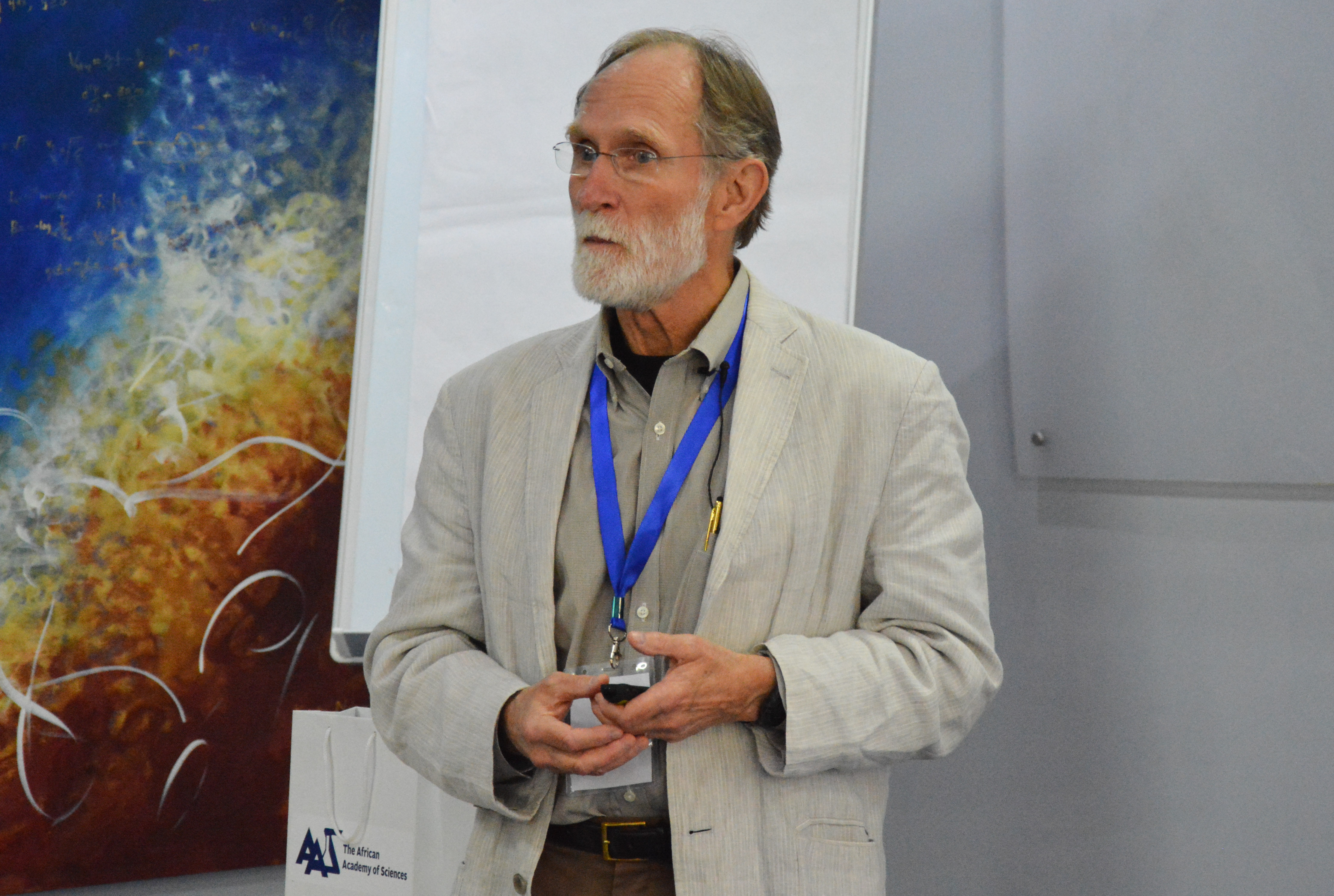AESA PROGRAMMES
- Building R&D Infrastructure
- Developing Excellence in Leadership, Training and Science in Africa (DELTAS Africa)
- Human Heredity and Health in Africa (H3Africa)
- Africa’s Scientific Priorities (ASP)
- Innovation & Entrepreneurship
- Grand Challenges Africa
- Grand Challenges Innovation Network
- Rising Research Leaders/Post-Docs
- AESA RISE Postdoctoral Fellowship Programme
- African Postdoctoral Training Initiative (APTI)
- Climate Impact Research Capacity and Leadership Enhancement (CIRCLE)
- Climate Research for Development (CR4D)
- Future Leaders – African Independent Research (FLAIR)
- Critical Gaps In Science
- Clinical Trials Community (CTC)
- Community & Public Engagement
- Mobility Schemes: Africa-India Mobility Fund
- Mobility Schemes: Science and Language Mobility Scheme Africa
- Research Management Programme in Africa (ReMPro Africa)
- Science Communication/Africa Science Desk (ASD)
- Financial Governance: Global Grant Community (GGC)
- AAS Open Research
- CARI Programmes
- Evidence Leaders Africa (ELA)

News
The AAS holds inaugural public lecture

162
The AAS holds inaugural public lecture
The African Academy of Sciences (The AAS) is introducing a Public Lecture Series to provide a unique platform to raise the profile of science and to stimulate and shape public participation and discourse on topical scientific issues.
Why the series?
As the only and foremost pan African academy, The AAS’s three mandates mean that it is supporting scientists across the continent to develop their careers and produce scientific research that can address continental and global challenges.
Recognising excellence: Since its establishment in 1985, The AAS has been at the forefront of recognising excellence through its highly prestigious Fellowships and award schemes. Its Fellows who currently total 460 are men and women who are the elected based on achievements that include publication record, innovations, leadership roles and contribution to policy. The 87 Affiliates are drawn from promising early career scientists.
Implementing science platforms: Together with international and African partners, the Academy is implementing transformative programmes in health research, climate research, water and sanitation, maternal and child health to address the continental challenges which represent an investment of over US$200 M. with the support of international and African partners. It is developing earlier career researchers and filling critical gaps in research management and in good financial grant governance. These programmes have yielded a community of scientists and research leaders in excess of 2000.
Think tank functions: The scientists are generating research and knowledge that can influence evidence-based policymaking and transform the lives of African people. This research is also fodder for the Public Lecture Series beginning in July 2019.
The series
The AAS Public Lecture Series is a strategic platform for eminent African and international scientists, political leaders, and community leaders to highlight science and engage the public.
Keynote speakers are eminent and distinguished scientists, innovators, political, religious and cultural leaders drawn from and outside the continent who have made major contributions to science in general and or to Africa’s socio-economic or political development.
The first in the series
The Academy hosted its First Public Lecture Series on the 23 July 2019 at the Academy’s headquarters in Karen, Nairobi with Professor Peter Agre, the 2003 Nobel Prize Laureate in Chemistry as the first speaker. Agre gave a talk entitled “Opening doors worldwide through biomedical research”, a topic which highlights scientific global citizenship.
About Peter Agre, M.D, Bloomberg Distinguished Professor, Director Johns Hopkins Malaria Research Institute
A native of Minnesota in the U.S., Peter Agre studied chemistry at Augsburg College (B.A., 1970) and medicine at Johns Hopkins University (M.D., 1974). He completed his Medical Residency at Case Western Reserve University in Cleveland and an Oncology Fellowship at the University of North Carolina at Chapel Hill. Agre joined the faculty of the Johns Hopkins School of Medicine in 1981 and named Professor of Biological Chemistry and Professor of Medicine. He is presently Bloomberg Distinguished Professor at Johns Hopkins, and since 2008 has served as Director of the Johns Hopkins Malaria Research Institute at the Bloomberg School of Public Health.

Agre oversees 20 faculty research groups in Baltimore as well as field activities in Zambia, Zimbabwe, and the Democratic Republic of the Congo. In 2003, Agre shared the Nobel Prize in Chemistry for discovering aquaporins, a family of water channel proteins found throughout nature. Referred to as “the plumbing system for cells,” aquaporins are responsible for numerous physiological processes in humans and are implicated in multiple clinical disorders, including malaria. Agre is a member of the (U.S.) National Academy of Sciences and the National Academy of Medicine, for which he chaired the Committee on Human Rights. From 2009-2011, Agre served as President and chair of the Board of Advisors of the American Association for the Advancement of Science when he became active in science diplomacy. He continues to lead groups of US scientists to isolated countries including North Korea, Myanmar, Iran and Cuba.